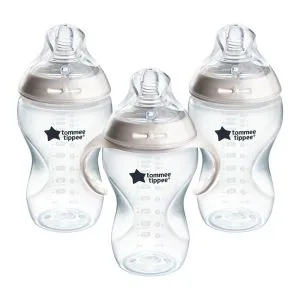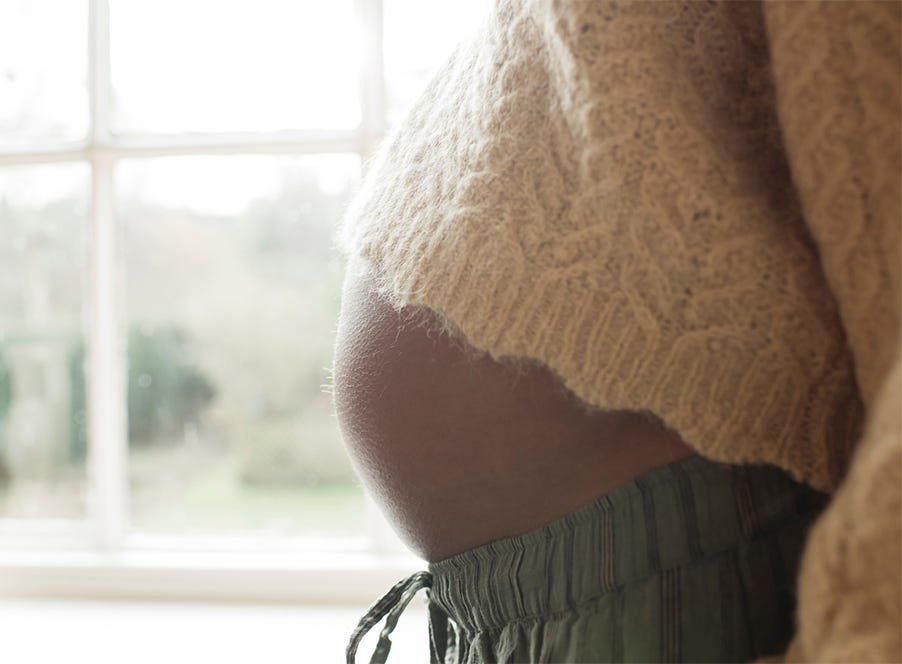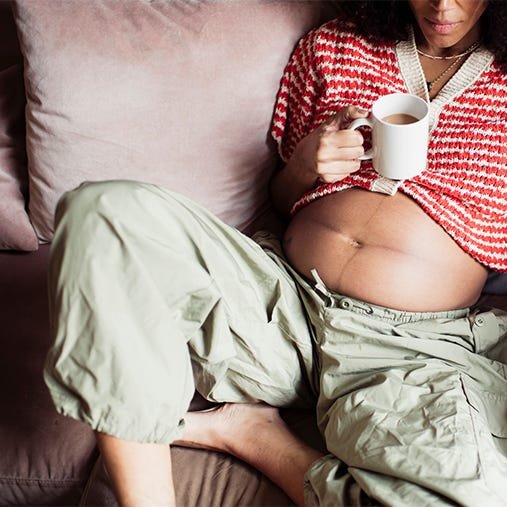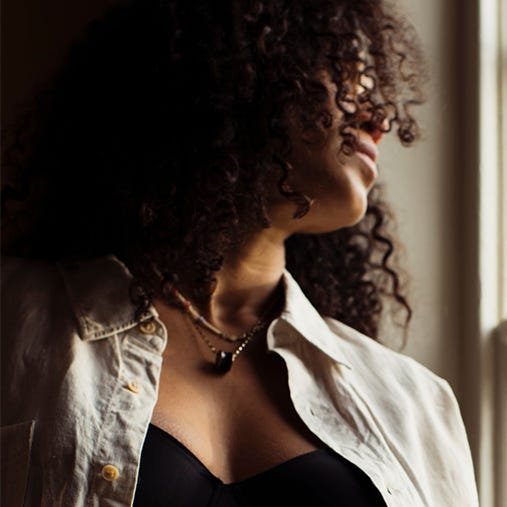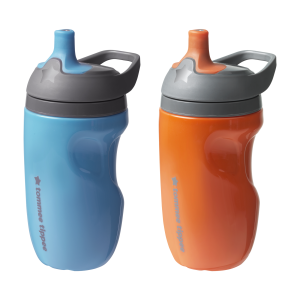
Search
Sorry, no results for
Suggestions
Popular Searches
Menu
Subscribe to Save
Subscription orders can be cancelled at anytime. Free delivery on all subsequent subscription orders. Find out more about subscriptions.
Why parents love our subscriptions...
-
They’re easy and fuss free
-
Your products are automatically sent to you
-
You save up to 10% when you sign up for a subscription
-
You can cancel at any time

